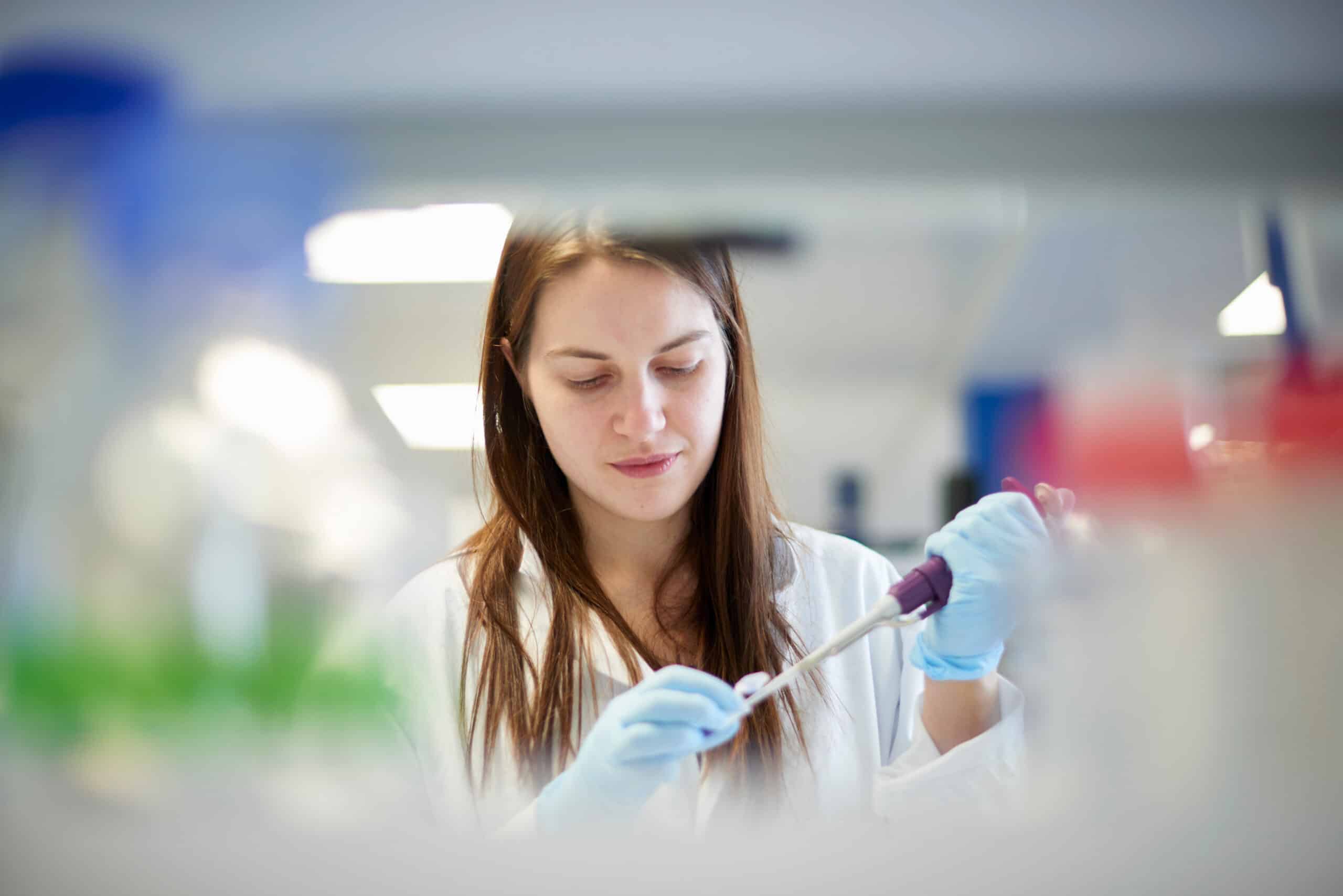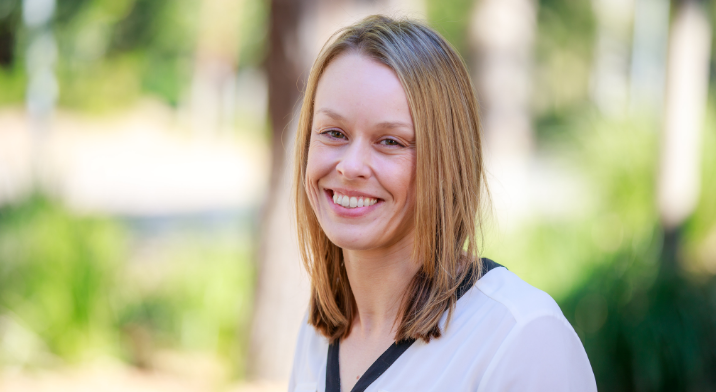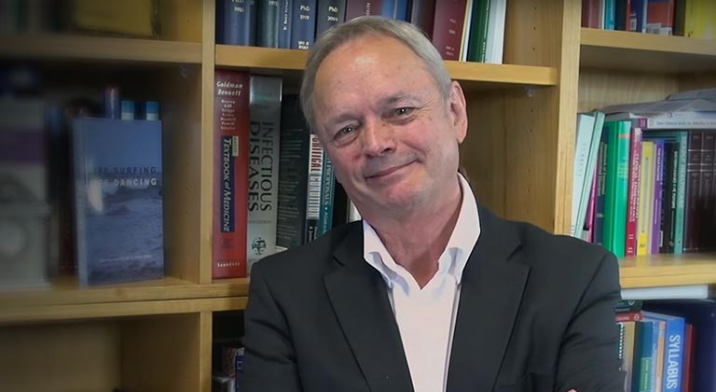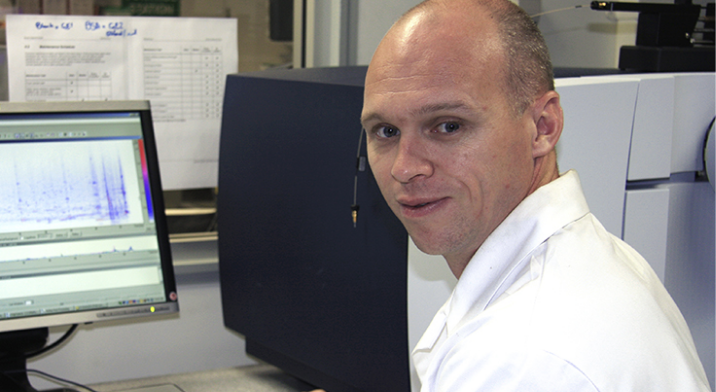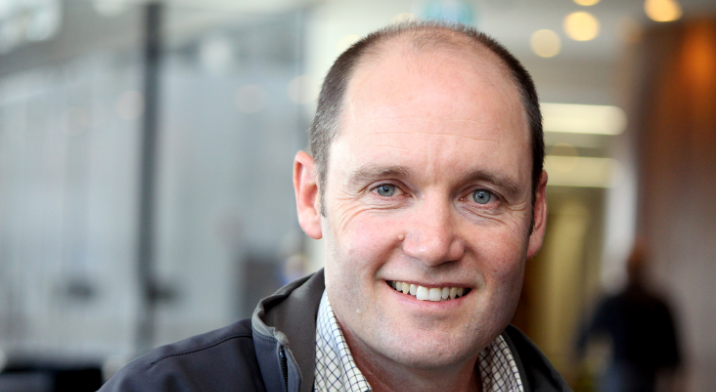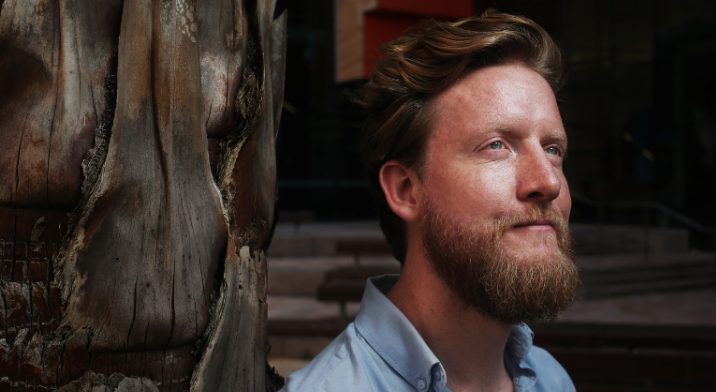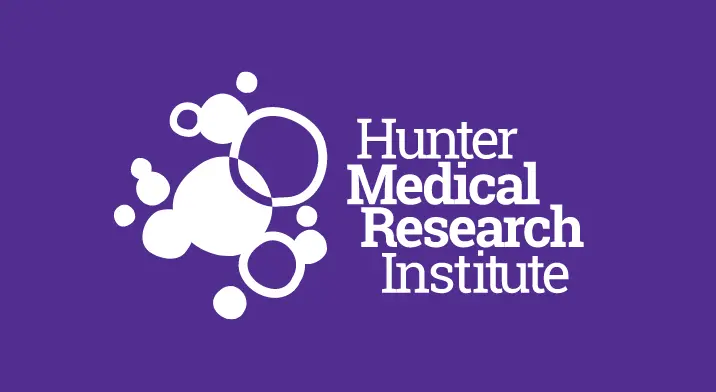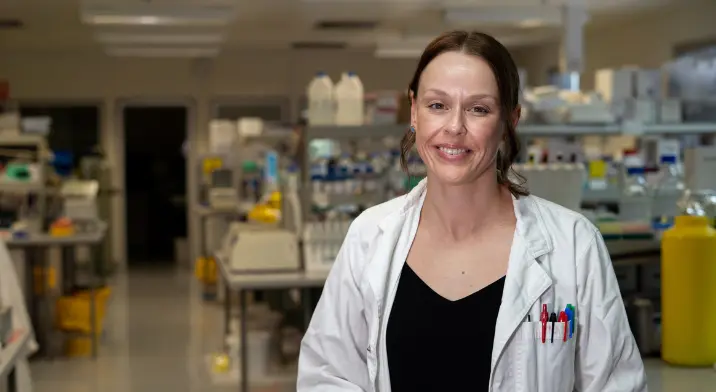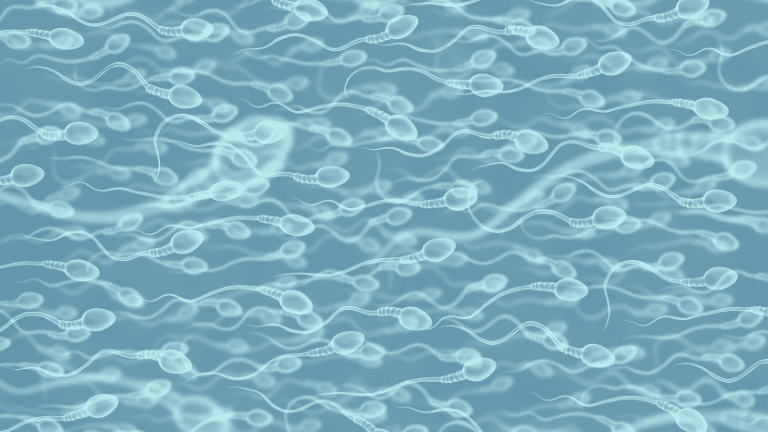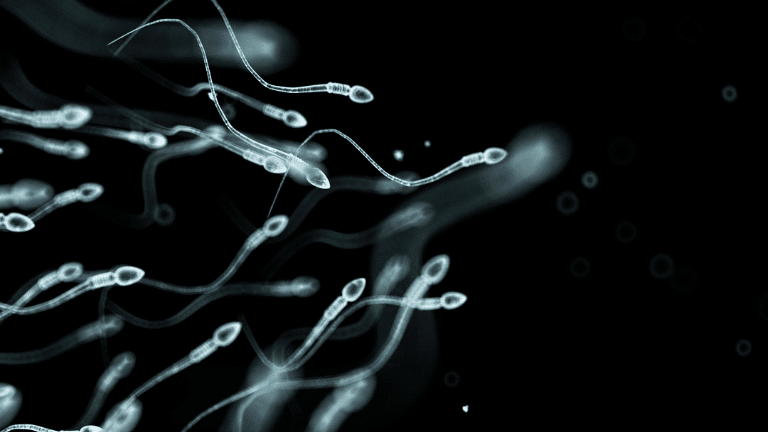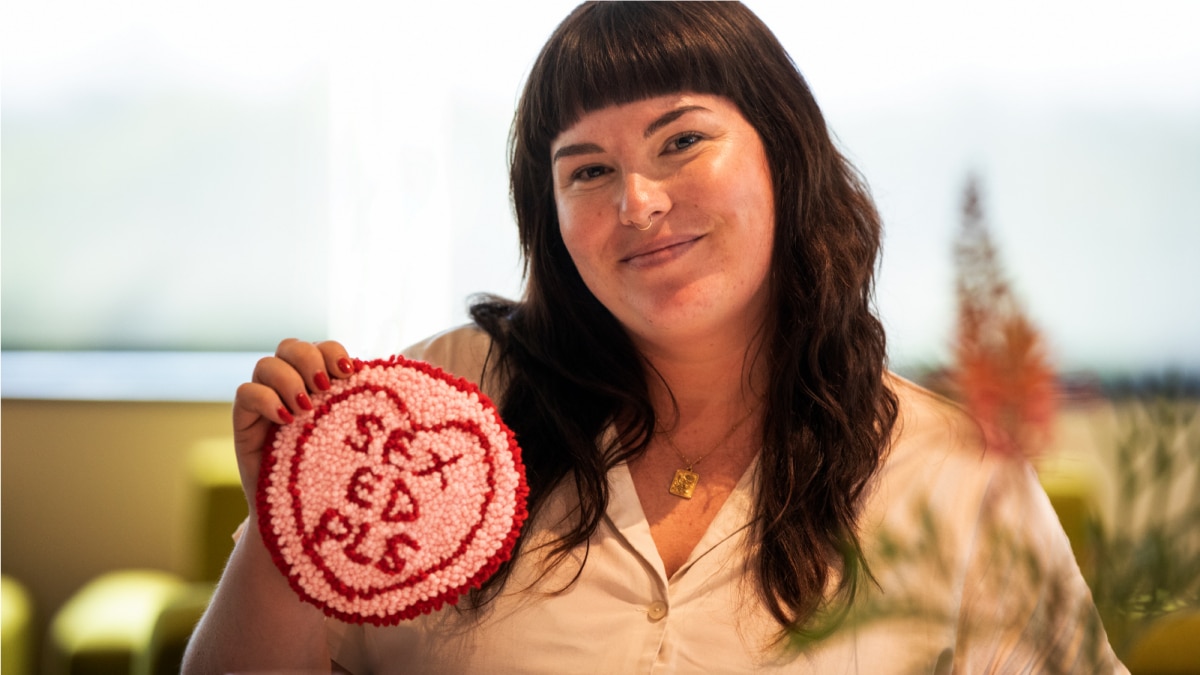Our Infertility and Reproduction Research Program explores the causes and contributing factors of infertility and investigates solutions for improving reproduction outcomes.
Infertility is a pressing global challenge, impacting 1 in 6 couples in Australia and millions worldwide.
As fertility rates decline — falling below levels needed for population replacement — demand for assisted reproductive technologies is increasing. Assisted reproductive technologies are becoming an increasingly popular choice for couples wanting to start a family.
However, less than 20% of assisted reproductive technology cycles result in a live birth, a rate that has remained changed in over a decade. There are also health risks for children born from assisted reproductive technologies.
1 in 6
AUSTRALIAN COUPLES ARE AFFECTED BY INFERTILITY CHALLENGES
5%
OF BIRTHS IN AUSTRALIA HAVE OCCURED THROUGH ASSISTED REPRODUCTIVE TECHNOLOGIES (2022)
31.3
AVERAGE AGE OF AUSTRALIAN MOTHERS WHEN THEY GIVE BIRTH. THE AVERAGE MATERNAL AGE CONTINUES TO INCREASE.
Sources: Australian Institute of Health and Welfare, Australian Institute of Family Studies
The major contributors to infertility
Our research program is exploring the underlying causes of infertility, and investigating different medical devices and pharmaceuticals that can help with reproduction.
There are several factors that can contribute to infertility, from genetic, environmental, lifestyle and age-related factors.
Our research program continues to shed light on many of these factors and more, to help improve fertility outcomes.
For women
For women, these factors can include ovulatory disorders, endometriosis, fallopian tube damage, uterine fibroids, autoimmune disorders and lifestyle factors such as alcohol, smoking, drug use or severe stress.
Meanwhile, maintaining a healthy Body Mass Index (BMI) and moderate exercise can be beneficial for fertility.
For men
For men, the factors can include poor quality semen and sperm, damaged testicles, ejaculation disorders, hormonal issues and some medicines and drugs. Lifestyle factors also include alcohol, smoking, drug use, physical inactivity, obesity and stress.
There are also environmental factors which can damage sperm, such as heat stress, PFAS or “forever chemicals” and acrylamide, a compound that occurs from caramelising or toasting foods.
Advancing reproductive health and addressing our global fertility challenge
The core focus and expertise of our research program is in identifying diagnostic biomarkers of male fertility.
Our other areas of focus are:
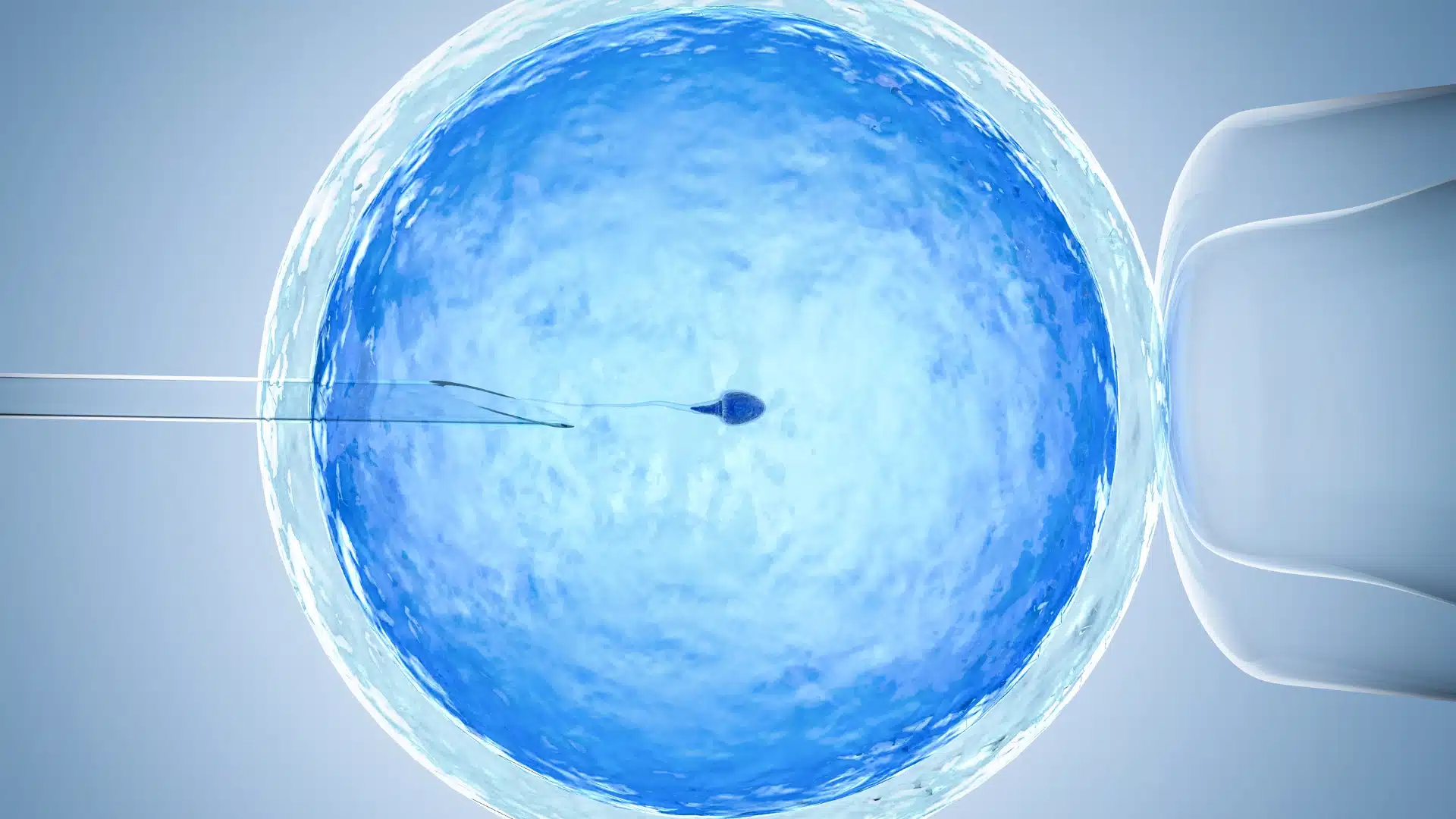
Enhancing Assisted Reproductive Technologies (ART)
We aim to improve the safety and efficacy of ART while ultimately seeking to reduce the need for these interventions altogether.
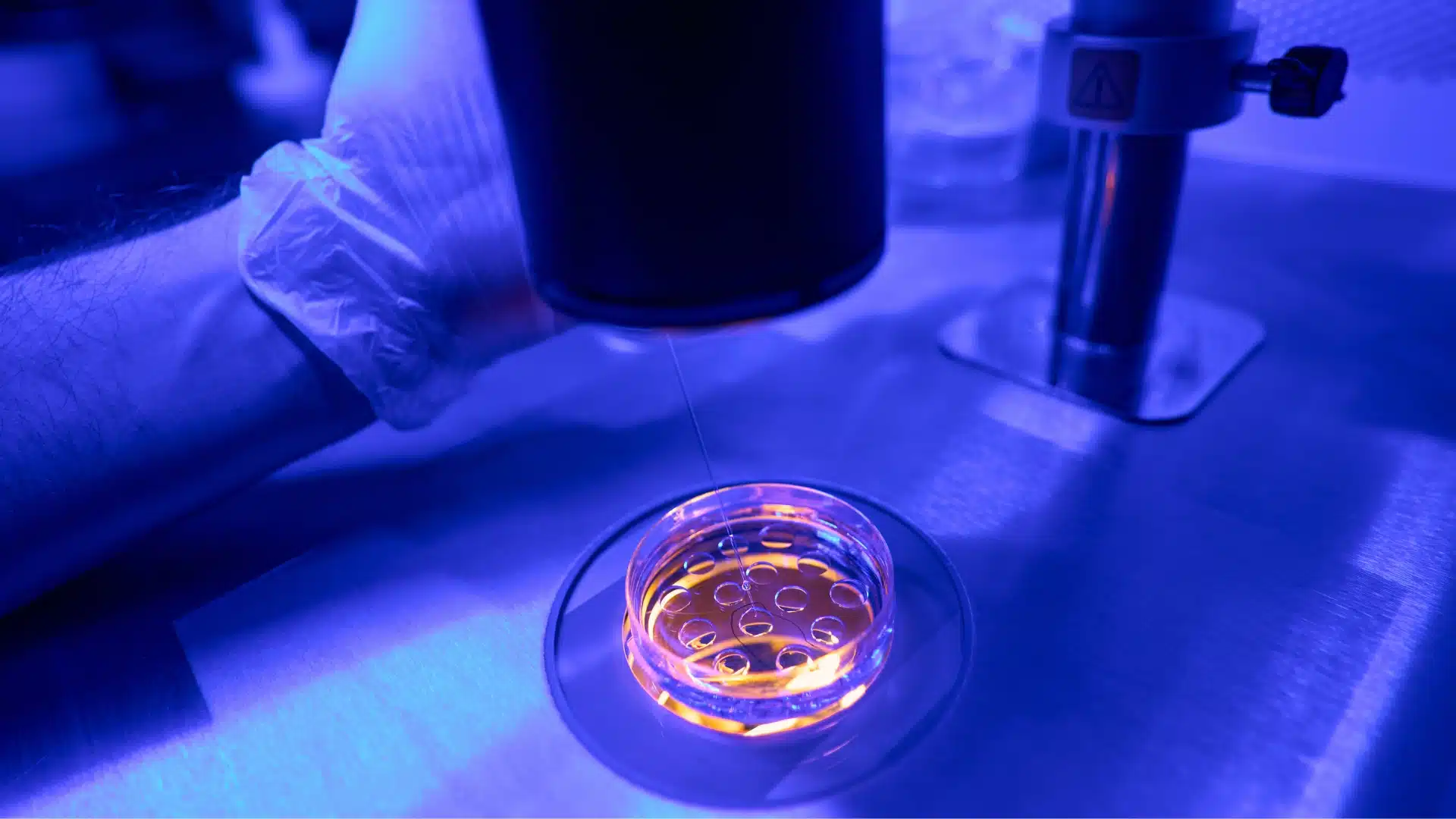
Novel infertility diagnostic technologies
We’re developing advanced diagnostics for for the selection, preservation and assessment of high-quality gametes and embryos.

Environmental impact on fertility
We investigate and resolve environmental factors that impair human fertility, developing effective remediation strategies to protect community health.

Age and reproductive health
Our research explores how age affects female reproduction, providing valuable insights for informed family planning.

Male fertility and wellbeing
By studying androgen production, we aim to create interventions that enhance male fertility and promote lifelong health.
Our infertility and reproductive research spans the research translation spectrum
Research undertaken by our internationally-recognised team of researchers, industry, clinical partners, and community stakeholders span the translation spectrum.
Our team works closely with reproductive health clinicians, the biotechnology industry as well as engineering, chemistry and pharmaceutical science to help uncover the big picture of infertility.
Through our discovery science arm, we resolve the precise physical and chemical nature of the agents that impair human infertility and offspring health. Here we apply advanced technology platforms to identify diagnostic and prognostic factors that impact reproductive health.
Our collaborations with industry and clinical partners have enabled us to drive translational impact, turning our science and expertise into real-world applications:
Medical device innovations
We developed the award-winning sperm selection system, Felix, facilitating successful pregnancies and currently undergoing international clinical trials.
Pharmaceutical developments
Our team is pioneering nanopharmaceuticals for gamete and embryo preservation, including patented formulations for sperm storage (SpermSafe).
Shaping international recommendations
Our work has been adopted by the USA National Academies of Sciences, Engineering and Medicine in their recommendations regarding the importance of peri-conceptual male health.
Envionmental exposure expertise
As leaders in environmental toxicology, we provide strategic guidance on PFAS remediation, backed by substantial funding for innovative technologies.

